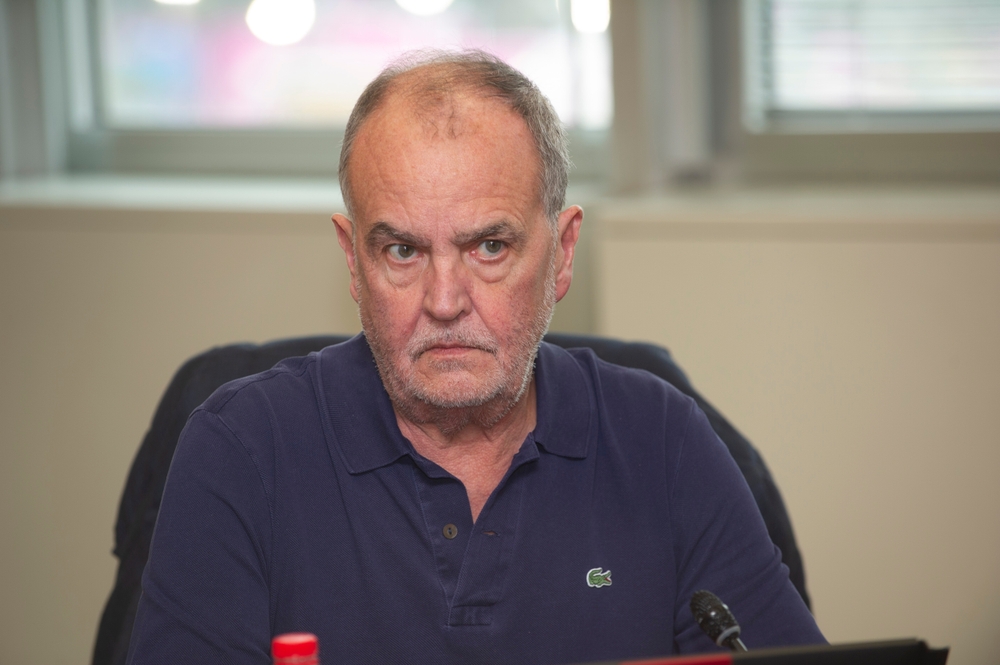In the wake of the Constitutional Court’s partial acceptance of a challenge to the constitutionality of the Autonomy Law, Giuseppe Conte and the M5S have labeled it another failure for a government of amateurs, echoing their concerns about the law’s future. The opposition parties are unanimous in their condemnation, with the PD leader Elly Schlein calling it “a flawed law, soundly rejected,” and even suggesting that Matteo Salvini should give the Constitution to Meloni to read better. Raffaella Paita from Italia Viva dismissed Calderoli’s approach as no longer valid, while the broader message is clear: the Constitutional Court has effectively dismantled the law.
Despite this, the Lega continues to defend the law, with Matteo Salvini insisting that the Autonomy Law is constitutionally sound and promising to refine it in Parliament. Claudio Durigon, the undersecretary for the Lega, echoed this sentiment, stating that improvements are still possible. Luca Ciriani, the Minister for Relations with Parliament, acknowledged that “errors” would need to be corrected in the upcoming parliamentary debates, while Antonio Tajani of Forza Italia highlighted the Court’s recognition of the Parliament’s central role in the process, though conceding that further work in Parliament would be necessary.
The day after the ruling, the PD sharply criticized the minimization of the Constitutional Court’s findings by Minister Calderoli. Dario Parrini of the PD expressed frustration, noting that this was the second time in a decade that a law linked to Calderoli had been struck down by the Court. He criticized the minister for lacking caution and for distorting the reality of the situation. In turn, members of the opposition like Riccardo Magi of +Europa condemned what they saw as the government’s continued disregard for parliamentary power, calling it a “counter-reform.”
Regional presidents are also divided on the future of the law, highlighting a rift between the North and South of Italy. Puglia’s Michele Emiliano argued that the Constitutional Court’s ruling had rendered Calderoli’s law inapplicable, while Lombardy’s Attilio Fontana insisted that work on the regional agreements would continue, claiming that any concerns raised by the Court could be overcome. However, Campania’s Vincenzo De Luca dismissed the law’s prospects entirely, predicting that the Autonomy Law would likely never materialize. Meanwhile, the committee tasked with defining the essential levels of public service (LEPs) continues its work, although some members have resigned, citing concerns similar to those raised by the Court’s ruling.
The fate of the popular referendum, which has garnered over a million signatures, now seems uncertain. With the Constitutional Court’s ruling effectively addressing the questions raised by the referendum, it is predicted that the initiative may not proceed as planned. Luca Zaia, President of Veneto, remarked that the referendum would likely “end badly,” signaling the growing disillusionment among those who had championed the law.

